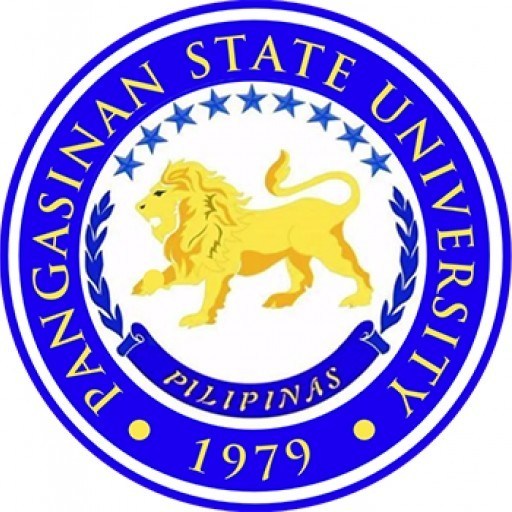Facilities for student training and research include in-house clinical therapy and diagnostic services, laboratories in speech science and audiology, and affiliated schools and clinics. The program enjoys academic, research, and clinical relationships with a number of related programs at Penn State and draws upon academic work from related areas as part of the graduate training in communication sciences and disorders. Preparation is given for school and professional certifications and licensure. The CSD academic program is accredited by the Council of Academic Affairs of the American Speech-Language-Hearing Association. Master's-level graduate study requires a full-time externship experience, ordinarily occurring during the final semester of study.
Our leadership in administration, faculty, and staff make our mission come alive every day. The Board of Trustees reviews and approves the budget of the University and guides general goals, policies, and procedures from a big-picture perspective. The Presidents office ensures that all aspects of the University are running smoothly and promotes overall principles that students, faculty, and staff abide by for the long term. The University Faculty Senate represents the Penn State faculty with legislative authority on all matters regarding the University's educational interests.
Courses:
- Aural Rehabilitation
- Introduction to Disorders of Articulation and Phonology
- Introduction to Organic Disorders of Speech and Language
- An Introduction to Augmentative and Alternative Communication
- Principles of Clinical Management in Communication Disorders
- Clinical Bases of Language Disorders
- The Voice and Its Disorders
- Neuromotor Disorders of Speech
- Assessment and Intervention in Agumentative and Alternative Communication
Want to improve your English level for admission?
Prepare for the program requirements with English Online by the British Council.
- ✔️ Flexible study schedule
- ✔️ Experienced teachers
- ✔️ Certificate upon completion
📘 Recommended for students with an IELTS level of 6.0 or below.
Accreditation
Penn State is ranked at No. 46 for 2014 in the Center for World University Rankings, up from No. 50 in 2013. The list includes national and international schools. Criteria for the rankings are: quality of faculty, publications in top journals, highly influential research, citations, patents, academic training of students, and professional future of alumni.









